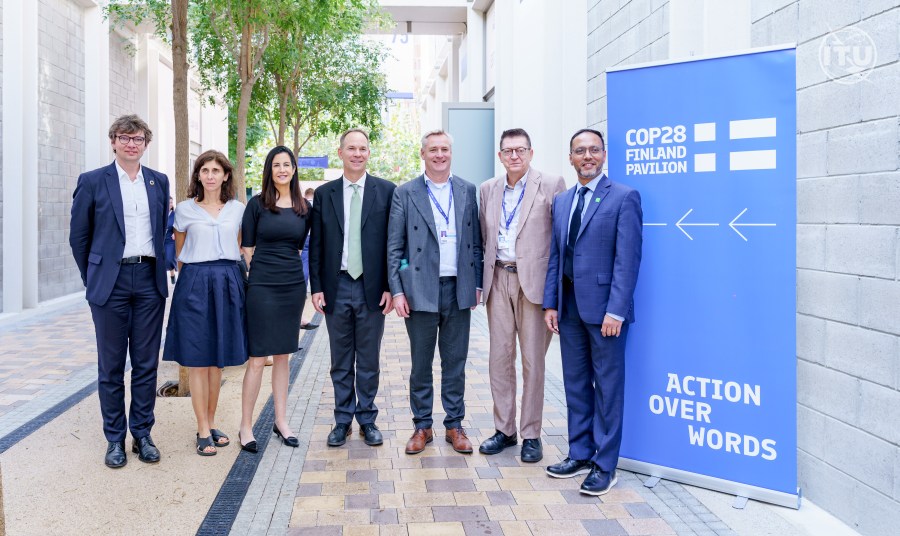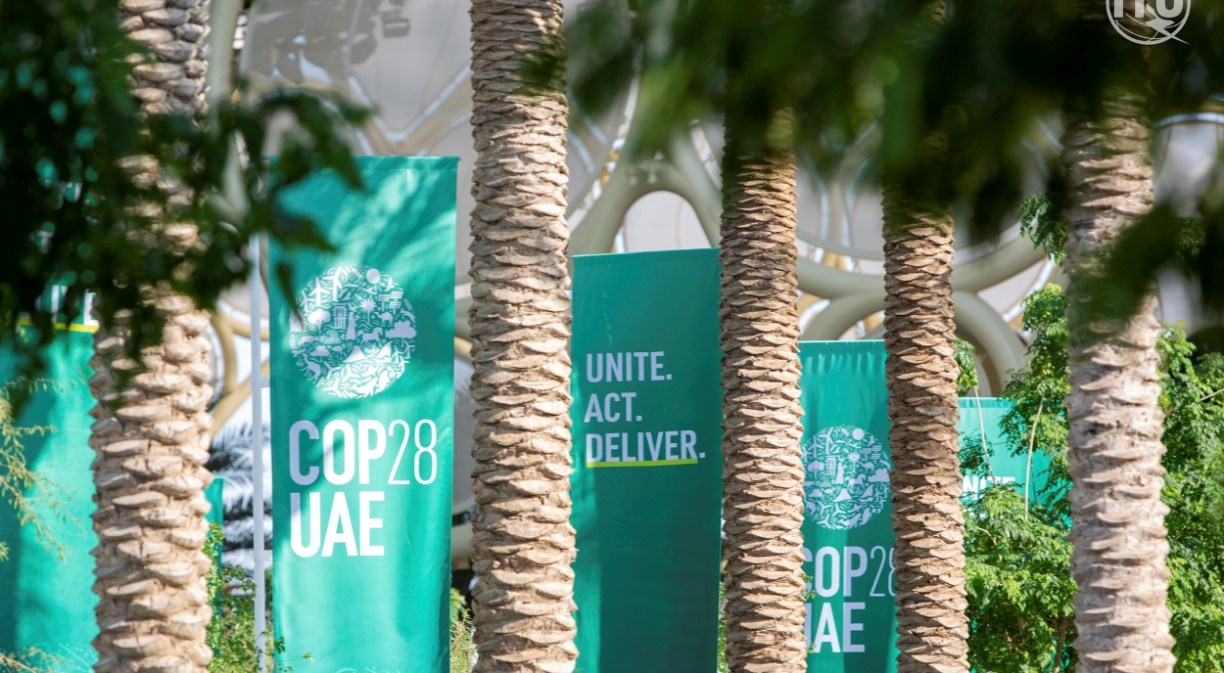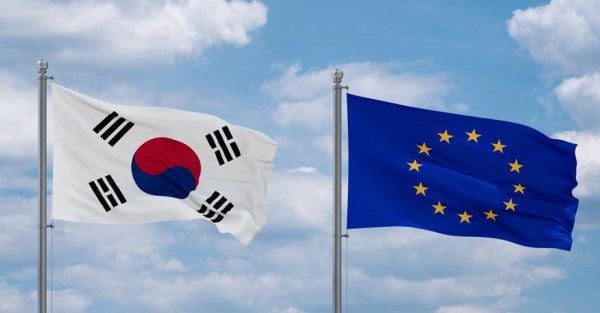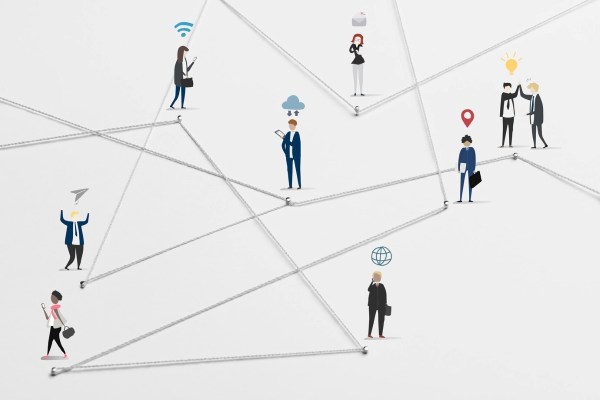The recently concluded COP28 was able to materialise an agreement derived from the discussion on reducing the use of fossil fuels as the main cause of the climate crisis. Without ignoring the primary importance of this, it is important to underline other relevant elements that were discussed during this past climate summit.
Perhaps the first thing that could be mentioned is the need to continue moving in the same direction in each and every area of society and sector of the economy. It should be noted that this is the first time that the telecommunications sector has made a joint proposal. Through the Green Digital Action led by the ITU measures have been presented to decarbonise the sector itself, to contribute to the decarbonisation of the whole economy through digitalisation and to support adaptation to climate change through the early warning systems. Green Digital Action’s participation at COP28 took place from 2-9 December to announce commitments from the technology and accelerate action. The actions announced are the result of nearly a year-long effort involving more than 40 partners, including industry associations, UN agencies, governments and companies, to unite the global digital community, develop collaborative solutions and accelerate industry-wide climate action.
Digital technologies are a key ally in tackling climate change
Digitalisation is not only an essential factor in achieving environmental goals, it is also an indispensable element in the transformation of economies and societies towards a new paradigm based on environmental sustainability and the circular economy.
Digital technologies can be a key ally in tackling climate change
In addition, digitalisation can make a positive contribution to the path towards phasing out fossil fuels. The digitisation of transport networks and connected cars can make a positive contribution to reducing the use of oil as a fuel. The digitisation of electricity grids should also be one of the elements to improve their efficiency through modernisation. As mentioned in the Green Factor Positioning, without digitisation there can be no energy transition.
In areas such as climate monitoring and Big Data research, technology can identify climate trends and provide guidance on solutions. Technology can support adaptation through early warning systems, as well as mitigation efforts by boosting energy efficiency, creating green grids and developing circular economies. Contributing to reducing the impact of climate shocks by establishing early warning systems was another line of work highlighted in the framework of the Green Digital Action.
A reason for hope

Green Digital Action’s results at COP28 include the following:
Firstly, business agreements to reduce greenhouse gas emissions to meet the Paris Agreement´s goal of limiting global warming to 1.5°C and to implement transition plans. There is also a shared commitment to improve transparency mechanisms to enable greater comparability and confidence in emissions data across the telecommunications industry.
Second. A commitment to increase cooperation between countries to develop e-waste regulation as a key tool to promote a circular technology industry.
Third. A joint statement by the main international standards developers (ITU, ISO and IEC) on the importance of incorporating sustainability into the development of technical standards by design. Thus, the development of standards and regulations must contribute to the world’s goal of zero net emissions and the achievement of a low-carbon and resource-efficient circular economy.
Fourth. Mechanisms for cooperation between industry and countries on the implementation of environmental sustainability standards should be strengthened through an action plan.
All in all, there is a commitment from the mobile telecommunications and satellite industry to support the Early Warning for All initiative by 2027 throughmobile broadcast services to protect all citizens from natural disasters as a mechanism to save lives from the effects of climate change.
Since its inception, Telefónica has actively participated in the development of the ITU’s Green Digital Action. With a high level of demand and responsibility, we agree on the importance of digitalisation as an enabler for the transformation of economies and societies through the creation of strong and lasting alliances that will enable progress towards the achievement of common climate goals.














